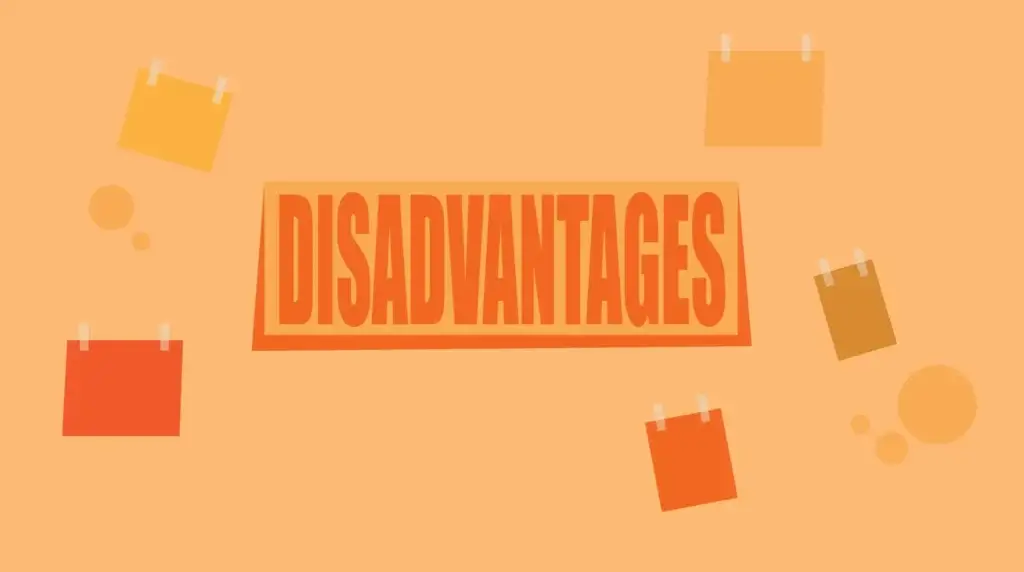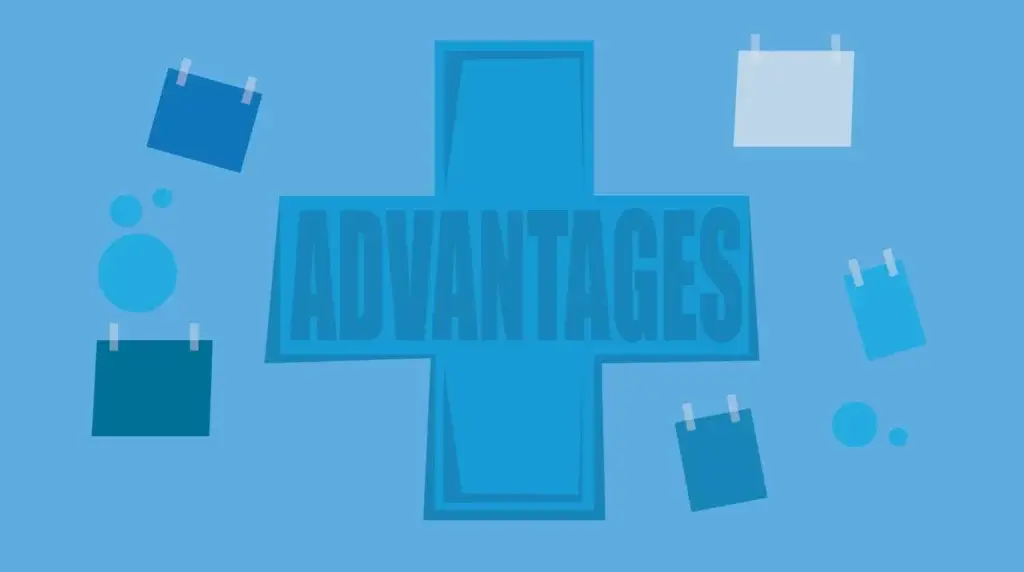
Between housing, food, bills, and other expenses, the average American spends more than $160 a day. As consumers, we shop at the grocery store, order something from Amazon, fill our cars with gas, buy our favorite coffee, go to the mall, pay the plumber to fix our sink, or spend our money on countless other decisions every day.
With hundreds of purchasing decisions to make, we all develop our own personalized system of justification and ask rhetorical questions like: Why go solar? Is it necessary? Does it fit into my budget? Would it provide meaningful experiences? Will it save me money down the road? Do I really want it?
At Blue Raven Solar, we know purchasing a custom solar system can be rather intimidating and difficult to navigate. It can have a large price tag, there are so many different financing options, and it can take several years to generate a return on the investment. Instead of listing all the benefits to try and convince you to go solar, we have created a comprehensive list of the top five solar advantages and disadvantages to let you decide if solar is right for you!

Top 5 Disadvantages of Solar:
- High Price
- Another Loan
- Betting on the Sun
- No Immediate Power at Night
- Expensive Batteries
It might seem counterintuitive to start listing the disadvantages of going solar, but we like to be transparent with our customers. It’s important to validate and acknowledge the problems you may see with going solar. We understand these struggles can seem overwhelming, so let’s dive deeper into each of these disadvantages:
1. High Price
As we described in Does Going Solar Really Mean Free Electricity, solar is never free—but, then again, nothing is. To power an averaged sized American home, you would need to purchase a solar power system costing upwards of $20,000. This large number can be difficult to get past, especially if you feel your financial belt tightening daily. Because of its high initial price, many potential solar owners forget going solar is a money-saving long-term investment and never give it full consideration.
2. Another Loan
If you have ever researched purchasing solar, you know there are several ways to finance a complete solar system. If you do not have the cash to purchase a solar system up–front, almost all solar providers have loan-based financing options allowing you to pay a monthly fee to pay off the overall cost of the panels. For many homeowners who are already paying a mortgage and a variety of other monthly bills while also trying to save for the future, adding a solar loan with more payments to the list may seem like an overwhelming or unnecessary financial strain.
3. You are Betting on the Sun
Solar power relies on the sun; therefore, you have no control over how much electricity your panels generate. If you live in a cloudy region of the country, your panels may generate less power throughout the course of the day or season. Homeowners can make up for lack of sunlight with more panels, but that can also mean extra expenses.
In this specific situation, it is important to use the resources available from solar companies to calculate how much power the panels on your roof should generate once installed. Calculations like these will give you a more accurate idea of the power you could generate instead of assuming the weather conditions where you live will negate all the benefits of solar energy.
4. No Immediate Power at Night
This one might seem obvious, but it is important because most homeowners use their appliances during the evening or at night. With no light being absorbed by the panels, no electricity will be generated to power your home. To use your solar system at night, you may need to invest in a battery or other storage solution, which will store any excess power from the day to later be used at night. Net metering is another option to offset power used at night with power produced during the day.
5. Expensive Batteries
As mentioned above, for many homeowners, batteries can make buying a custom solar panel system a more financially sound choice because they provide the reassurance you will have power when you need it. Unfortunately, these batteries can be expensive.
With a large price tag, the inability to control the sun, and several other disadvantages, you might wonder: “How can solar be a justifiable purchase?” We understand the disadvantages of solar are real and can be a big turn-off. As one of the largest residential solar installers, we are here because we have found the advantages of solar are just as real, and they typically outweigh the disadvantages. So, let’s look at some of the solar advantages:

Top 5 Advantages of Solar:
- Minimize Your Power Bill
- Control the Cost of Your Electricity
- Increase the Value of Your Home
- Reduce Your Carbon Emissions
- Add a Potential Source of Income
1. Minimize Your Power Bill
The most popular reason to go solar is to reduce your monthly power bill. By having your system sized correctly and owning your panels, you should produce enough electricity to cover the cost of your monthly bill. Homeowners with solar panels installed only have a small monthly connection fee (usually around $10-$12, depending on your location) to stay connected to their utility provider.
Imagine minimizing one of your permanent bills! Having the power and financial advantage to escape from relying solely on your power company is liberating, empowering, and, ultimately, makes you more self-sufficient.
2. Control the Cost of Your Electricity
It is no secret electricity prices are on the rise. Each year, utility companies continue to drive up prices.
To put this into perspective, over the last 25 years, the average price of electricity has gone up by 2.04% each year, and the U.S. Energy Information Agency projects that residential electricity prices will continue to rise.
Going solar is a great way to combat rising energy bills. Because your panels produce energy independent of the price of electricity, you will not have to worry about those statistics. When you have bought a solar system, you will own your own power, which means you will not be at the mercy of power companies or the energy market. This element of control is one of the biggest solar advantages of buying versus leasing solar.
3. Increase the Value of Your Home
Solar panels become an integrated part of your home and they can immediately add value to your home. For many prospective home buyers, a house with solar panels can be a huge appeal and will validate paying more. Who doesn’t love the idea of never having to pay more than $10-$15 for their monthly power bill?
Adding a solar system is one of the easiest things you can do to increase your home’s value, and it is less messy than an add-on or renovations. Most homeowners can increase the value of their home by an average of 4% by investing in a solar system. Whether or not you live in your home forever, adding solar will still benefit you through saving you money or being able to sell your home for more should you ever move. So, if your hold up is the permanence of your living situation, you can cross this one off the list.
4. Reduce Your Carbon Emissions
Solar panels are part of the green movement, but how much do they impact the environment? The average residential solar system…
- Offsets energy produced by burning over 80 tons of coal
- Offsets carbon emissions produced by almost 170 tons of carbon dioxide
- Is equivalent to planting 4,000 trees
Solar panels make a positive impact. If going green is important to you, then going solar is one of the best ways you can make a difference. Knowing you have done something big to make your home more sustainable is powerful. This advantage alone has inspired tens of thousands of Americans to go solar!
5. Solar Can Become a Source of Income
Not only does solar energy save you money, but it can also bring in money! How?
- Net Metering Programs
- Federal Tax Incentives
- State Tax Deductions
In many states, net metering programs allow homeowners to sell back their unused electricity to utility companies for energy credits. These credits can be used during a less productive time of the year or be stockpiled to the point where some utility companies will pay the homeowner for their unused credits. While these credits may not add up to a substantial amount, they can be enough to make an impact on day-to-day life. And there is no better feeling than having your utility company pay you after years of high-priced energy bills.
Additionally, when you own your solar system, you can receive a federal tax credit of 30% of the cost of rooftop solar panels and installation through the Federal Investment Solar Tax Credit (ITC). Many states allow solar-powered households to receive state income tax deduction as well. These tax incentives can seem complicated, which is why we provide a step-by-step guide to getting the most out of your solar system and tax breaks.

Do the Advantages Outweigh the Disadvantages?
For tens of thousands of Americans, the advantages of going solar heavily outweigh the disadvantages. By making the switch to clean, renewable energy, you control your power for decades to come, which means you are not left paying monopolized utility companies’ unfair rates to power your home. Plus, you get peace of mind you’re reducing your carbon emissions and making a difference.
We always recommend homeowners considering solar request a free solar proposal so you can make your own decision. By giving us some of your basic information, we can then generate a full report showing how much solar can impact your monthly electricity bills and design a custom panel layout for optimal production and efficiency.
Going Solar with Blue Raven Solar
If you have investigated going solar, you may have considered leasing options. Every property, lifestyle, and situation is different which is why leasing may be the best option for you. However, we want to make sure you understand the difference between leasing and buying before deciding.
Leasing means you are renting a company’s solar system, which does not allow you to truly benefit from going solar. With leasing options, you are still at the mercy of the prices and bills of a larger company; you might save money, but only if this company charges less than your current power company. Additionally, you cannot reap the benefits of federal or state tax deductions available to solar system owners. So, for many, leasing doesn’t make sense.
At Blue Raven Solar, we help our customers own their systems so they can reap all the benefits. It’s our job to ensure you experience the most savings for your property.
Our free solar estimate is an accurate, zero-commitment savings evaluation, and, when you decide to take the next step, we will send a contractor out to your home to assess your situation. This personalized visit provides the information we need to design a solar system unique to your home to optimize sun exposure for reducing your power bill as much as possible. If we think you should not get solar, we will tell you.
It is our mission to provide homeowners across America with all the advantages of going solar!



Sorry, the comment form is closed at this time.